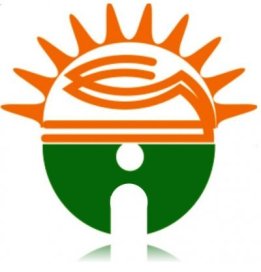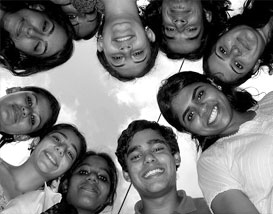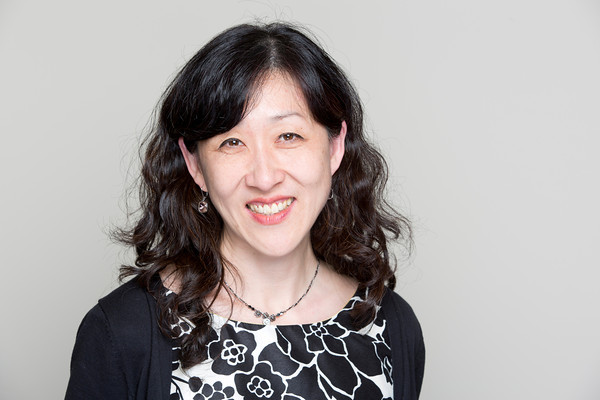Poverty, unemployment, conflicts, scarcity, corruption, delay in doing duties, non-co-operation, sickness, envy, non-compassion, wastage, pollution, poor traffic, insubordination, exploitation, competition, awards and rewards, slavery, work for money, partisan custom and parasite like labors, complexity etc are not universal. These are the emerged side effects of our past wrong doings without proper awareness due to the lack of cognitive knowledge in all of us.
Thus, please understand that the most valuable resources in the Universe is the cognitive knowledge of understanding.
Right investigation into the nature and of the world is essential for determining an appropriate science for the welfare of the mankind. Philosophy is not merely a subjective knowledge. Scientifically philosophy is the subjective knowledge of objectives. There is neither any need for subjective knowledge without any objective nor there is any need for objective knowledge without subjective need.
The Universe is very much a cognitive appearance of subjective and objective knowledge as nature (Science and Art) and exist empowered as super conscious macro individual self.
Let us learn the sensibility of the Universe and be a sensible Individual in it in cognition. No more vague talks and deeds. No more social crisis and scarcity. No more exploitation and competition required. Peace and prosperity is within us that reflects as Universal peace in perfect understanding.
Let us learn the art of
- Independence
- Innovation
- Intellect
- Intelligence
- Interaction
- Intra-action and
- Integration
And enjoy the bliss of the eclectic natural society of peace and prosperity.
By Dr. K. NITHYANANDAN NAIR, Centre for Social Excellence, Bangalore, India
Thanks!



You must be logged in to post a comment.